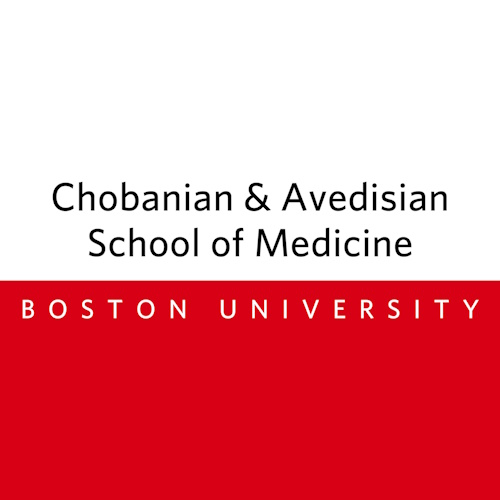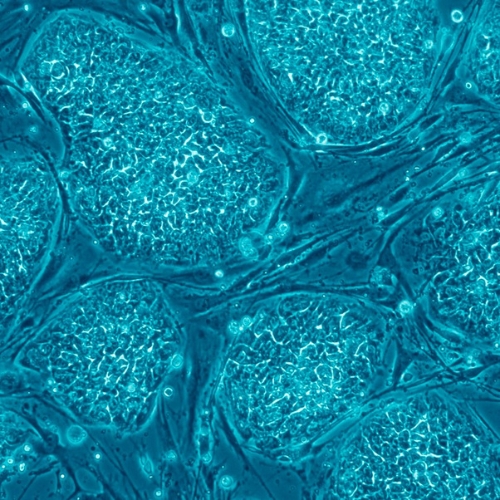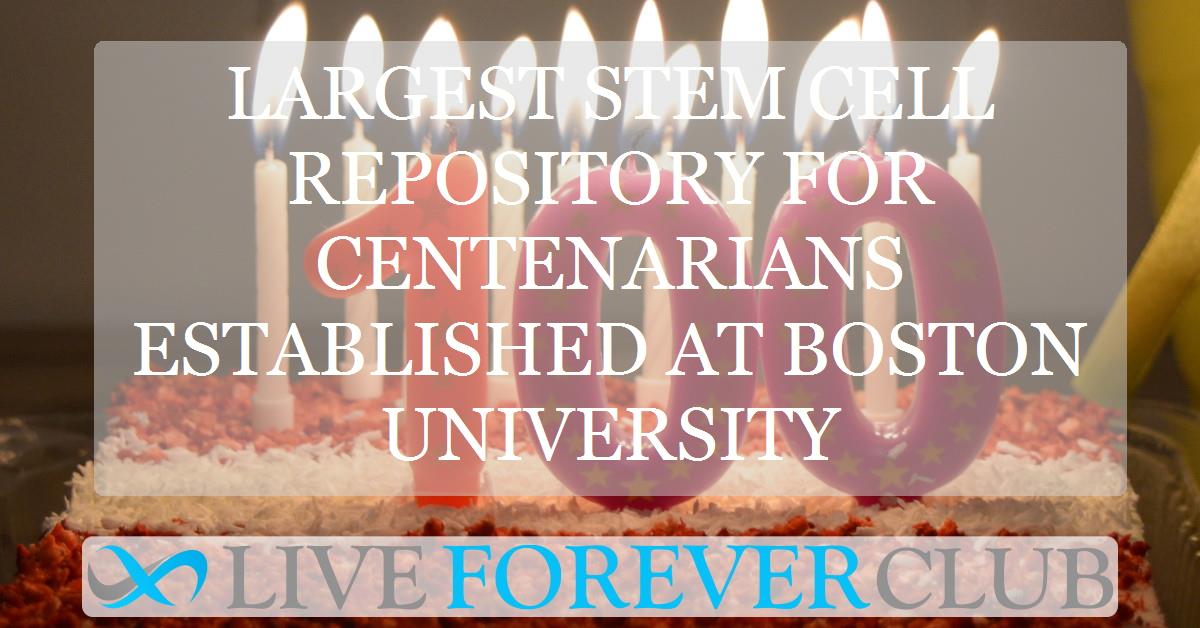Key points from article :
Researchers at Boston University Chobanian & Avedisian School of Medicine and Boston Medical Center (BMC) have created the world’s largest repository of induced pluripotent stem cells (iPSCs) from centenarians and their offspring. This breakthrough offers a unique opportunity to study longevity and healthy aging, as centenarians often avoid or delay age-related diseases such as cancer, cardiovascular disease, and Alzheimer's. The study, published in Aging Cell, aims to uncover how these individuals maintain their health for so long and develop therapies to help others do the same.
Led by George J. Murphy, Ph.D., associate professor of medicine at Boston University, the research team collected over 100 blood samples from centenarians and their offspring, reprogramming them into iPSCs. These stem cells can be transformed into any cell type, allowing researchers to investigate the genetic factors that contribute to resilience against aging. The study found that many centenarians displayed biological ages significantly younger than their actual chronological age—some by as much as 20 years.
By studying centenarian resilience "in a dish," Dr. Murphy and his team hope to create a roadmap to healthier living and disease resistance. This stem cell library will serve as a lasting resource for scientists worldwide, helping to advance the fields of aging biology and regenerative medicine.








